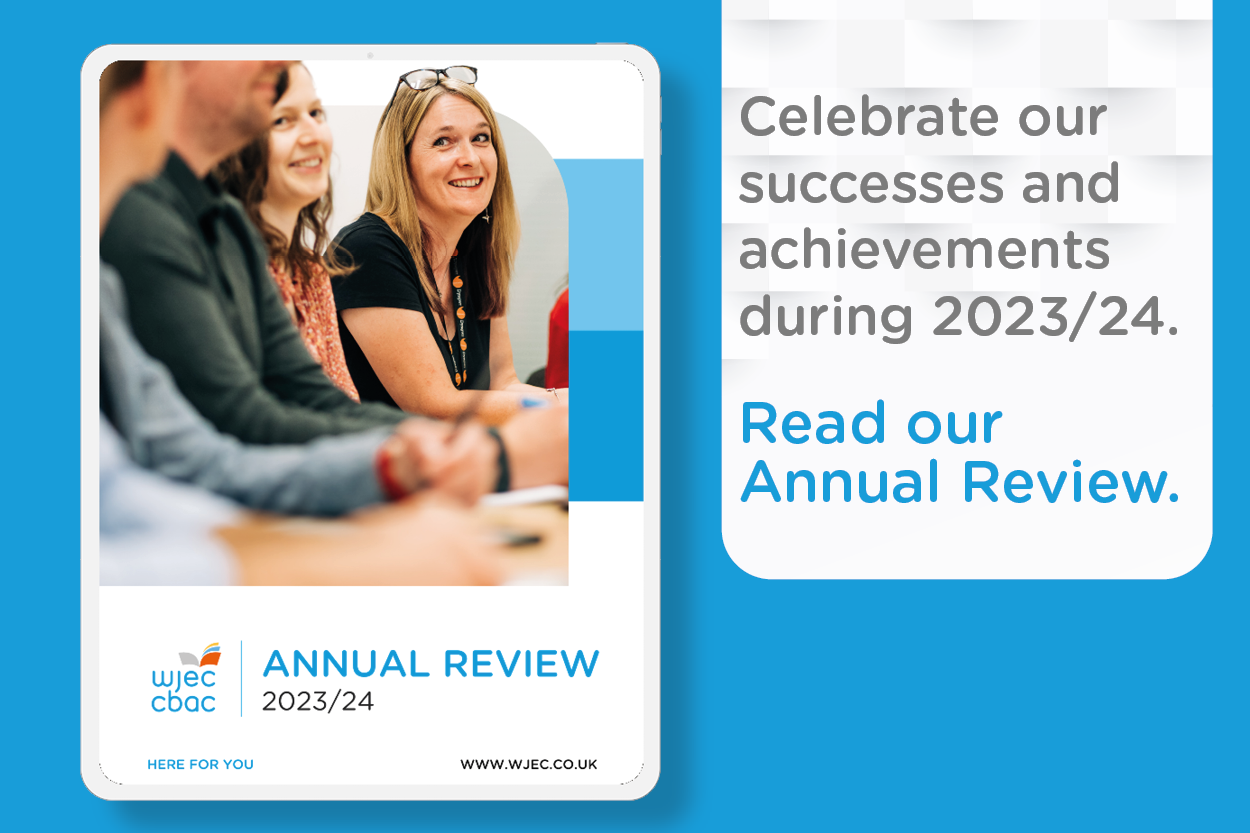GCSE Geography - Teaching from 2025
For more information on the Professional Learning courses for the new Made-for-Wales GCSEs, please visit the Professional Learning page here.
This CMU survey covers teacher-teacher dialogue and will ask you about sustainability and climate change. Please take the time to fill this in and pass on to your colleagues. Link and further information here.
Thinking about planning your new Unit 2 fieldwork? Check out the FSC Teacher Open Days planned for July 2025 in North and South Wales.
Want to borrow high quality weather measuring equipment for free? Find out about the Royal Meteorological Society Borrow an Instrument scheme here.
The GCSE Geography qualification will support the Curriculum for Wales by:
- Supporting the statements of what matters by giving learners the opportunity to:
- gain a deeper understanding of the concepts underpinning humanities, and their application in local, national and global contexts
- helping learners gather, justify, present, analyse, and evaluate a range of evidence
- explore how and why interpretations may differ and by critical understanding of a range of interpretations and representations derived from a variety of evidence
- experiencing the wonder of the natural world
- understanding and appreciating how and why places, landscapes and environments in their locality and elsewhere in Wales, as well as in the wider world, are changing
- develop an understanding of how human actions in the past and present can affect interrelationships between the natural world and people
- heighten learners’ awareness of how the future sustainability of our world and climate change is influenced by the impact of those actions
- appreciate how the evolution of places, communities and societies is driven by the interplay between a range of factors, including environmental, economic, social, political and cultural processes and human actions
- develop an understanding of their responsibilities as citizens of Wales and the wider interconnected world
- encourage learners to develop as self-aware, informed, ethical global citizens, who critically reflect on their own and others’ beliefs, values and attitudes.
- Supporting the principles of progression by encouraging learners to:
- ask increasingly sophisticated enquiry questions
- demonstrate greater independence in finding suitable information, making informed predictions and hypotheses, and making judgments
- increase their breadth and depth of knowledge and underlying concepts
- develop an understanding of themselves in the world
- demonstrate an ability to work with an increasing number and sophistication of sources of information, as well as a growing understanding of how to resolve contradictory or conflicting accounts
- demonstrate a growing ability to transfer existing skills and knowledge into new, and increasingly unfamiliar contexts.
- Supporting the subject specific considerations for Geography by:
- providing opportunities to understand and investigate physical and human landscapes, and a context for the causes and consequences of physical and human inter-relationships and interdependence which characterise our modern world
- providing opportunities to understand and investigate key geographical issues
- equipping learners with the skills to question, use and analyse maps, images, and geographical information systems
- equipping learners with the geographical skills to formulate research questions, and to collect, manipulate and present data so they can evaluate and think critically about problems and issues
- providing a range of opportunities to learn outdoors, through fieldwork and the outdoor classroom, and to experience and reflect on the wonder of the natural world in a variety of physical, human and historical environments.
The GCSE Geography qualification will also be based on the following geographical concepts listed within section 6.1 of the published Approval Criteria:
- place and space
- scale
- process
- continuity and change
- inter-relationships
- diversity
- environment
Each of these concepts have been mapped to concepts stated within the Welsh Government ‘designing your curriculum’ guidance as well as those within the statements of what matters and progression steps for Humanities. They have also been mapped to the Geographical Association concepts.
Supporting our Made-for-Wales qualifications with FREE tailored resources

Discover everything our new Digital Resources website has to offer >



